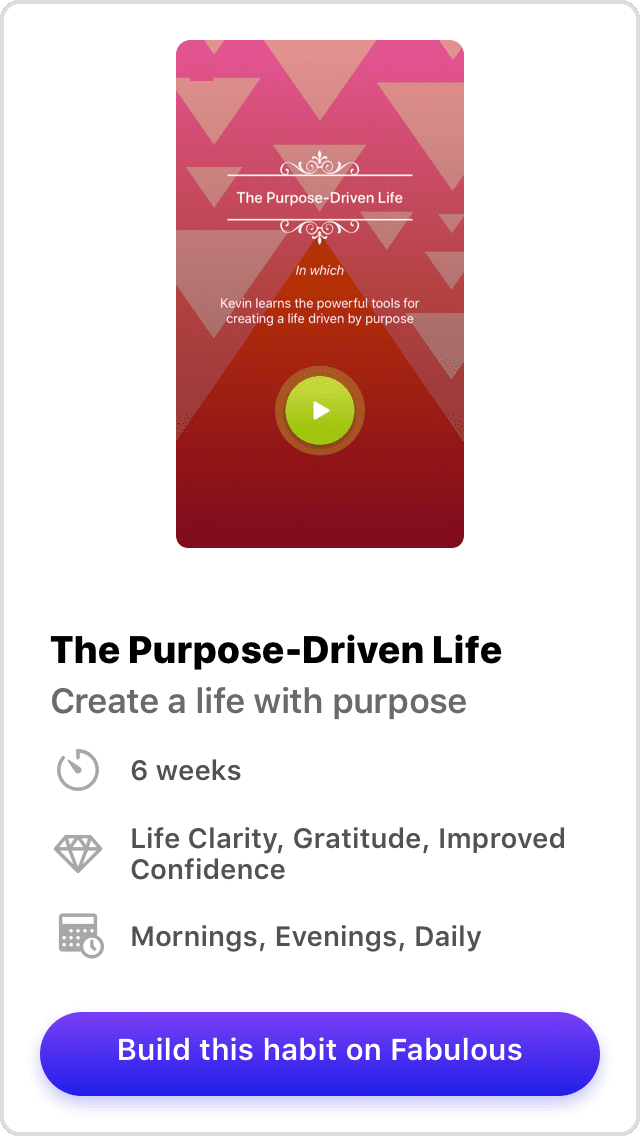We spend more time at work than we do anywhere else. When you retire you will have spent a combined total of 90,000 hours or a third of your life in the office. That’s why it’s so important that you actually enjoy that time and find your work valuable.
Sadly many people express dissatisfaction with their job, in fact, last year in a poll by Gallup, 85% of the participants said they hated their job.
That’s an awfully big chunk of your life being wasted on something that doesn’t bring you joy or satisfaction. When people hate their job, that unhappiness can seep into their out of office hours too. This can lead to a whole range of mental and physical health complications. According to a 2018 study from the Journal of Clinical Nursing being unhappy at work can make you unhappy in other parts of your life and may be linked with the onset of depression.
I Hate My Job. What Do I Do?

Sometimes the simple solution is to find a new job that does bring you happiness. Unfortunately, this isn’t always as easy as it sounds. Finding work can be very difficult and if you are already securely employed it can be a risky move to gamble your responsibilities and obligations on the unknown of a new job.
So, are there ways you can improve your engagement at your current occupation and improve your work/life balance without having to make a drastic change? It depends, says Amanda Oliver, career coach at The Color Coded Life who suggests that unsatisfied workers ask themselves the following questions:
Is it really the job you hate or just some of your current duties?
Jobs change over time and you may have been saddled with tasks that are not part of your job description. Try reassigning or delegating some of these duties to other team members. Not only will it lighten your load, it’ll eliminate some of the drudgeries of your daily schedule.
Have you spoken to your boss about taking on new projects or roles?
If you keep quiet your supervisor might not realize that you are unhappy. Don’t be afraid to speak up. Advertising a vacant position, interviewing, hiring and training your replacement is far more difficult for your employer than improving your current work life.
Have you thought about lateral moves within the company?
Maybe you love the company but not your current role. Research whether you could move to a different department and focus on an area that interests you to a greater degree.
Sometimes the change needs to come from within. Rather than changing your job, changing your attitude and focus can help to make your day more productive and enjoyable.
NYC based Career Analyst, Laura Handrick, says “It’s possible to learn to love even the most non-fulfilling of jobs.” The key is to change what you can and reframe what you can’t.
“Find something in the job to value and appreciate. If you’re shoveling asphalt on a highway, consider creating a competition with your co-workers. Or take time to appreciate being able to work outdoors, and not at a desk. The secret to loving an undesirable job is choosing gratitude,” she says.
How to Learn to Love Your Job
Even if you do decide to move on and find a new job, it can take a long time to apply for a new position, interview for it, accept an offer, and give notice. So in the meantime, you’ll still need to try to find things to enjoy in your current position. Steve Pritchard, an HR Consultant for ASPLI has the following advice.
“Instead of dwelling on the negatives, focus on the positives of working there. Perhaps it’s close to home, or you enjoy spending time with your co-workers despite not enjoying the work itself. Use these small things as extra motivation to get you through your shifts while searching for something you’re more interested in.”
Finding a friend at work can actually really help you to enjoy your job, even if you’re unhappy with it. A 2018 Gallup poll revealed that having a best friend at work can improve your mood and productivity. It found that “women who strongly agree they have a best friend at work are more than twice as likely to be engaged (63%) compared with the women who say otherwise (29%).”
Although there are ways to improve your work life, Amanda Oliver reminds us that some things shouldn’t be tolerated. “If your boss is emotionally or verbally abusive, if you wake up dreading going to work every day and are completely drained and exhausted, or if you’re having trouble sleeping because you’re so miserable then it’s time to move on.”
Not everybody loves their job, or at least not every day. Find things that motivate you to give your best. Or, zero in on what you need to change for greater personal fulfillment. Our Fabulous journey, A Purpose-Driven Life, could help you do just that.




